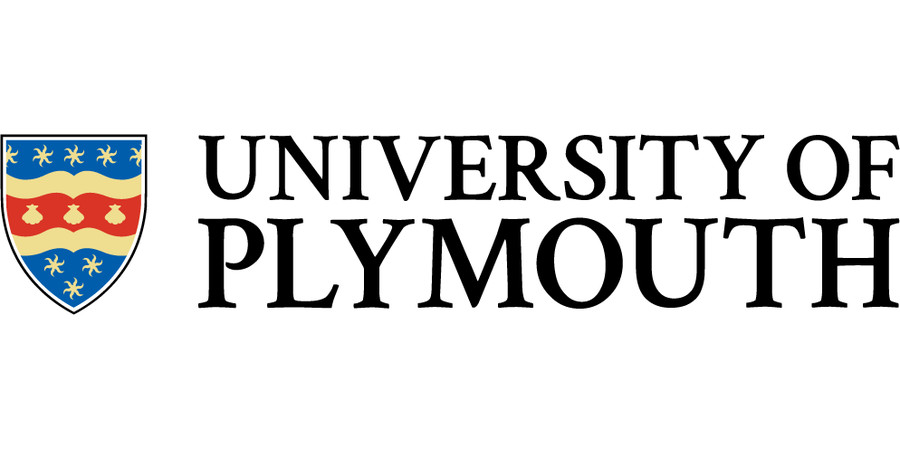PhD Marine Sciences - “Impacts of UK Heatwaves on Coastal Biodiversity: From Genes to Ecosystems”
University of Plymouth
| Qualification Type: | PhD |
|---|---|
| Location: | Devon, Plymouth |
| Funding for: | UK Students, EU Students, International Students |
| Funding amount: | £20,780 per annum for 2025/26 (2026/27 rate TBC) and research costs |
| Hours: | Full Time |
| Placed On: | 13th November 2025 |
|---|---|
| Closes: | 7th January 2026 |
DoS: Dr Manuela Truebano Garcia
2nd Supervisor: Dr Daniel Smale
3rd Supervisor: Dr Michael Collins
Applications are invited for a 3.5 years PhD studentship, starting 01 October 2026
Project Description
Climate change is driving more frequent and intense heatwaves, with major consequences for biodiversity, ecological functioning, and ecosystem services provided to society. In coastal habitats, most research has focused on impacts of marine heatwaves in subtidal environments and tropical or sub-tropical regions, while the temperate intertidal zone remains relatively underexplored, despite being one of the most thermally extreme habitats on Earth. Intertidal organisms face unique challenges, exposed to both marine and atmospheric heatwaves, often in rapid succession or concomitantly. Understanding individual-level responses, and the mechanisms underpinning these, is vital to identifying sensitive and resilient populations and species. Scaling from individuals to community-level responses is then essential for identifying ecological tipping points and forecasting climate change impacts in complex marine ecosystems.
This project will apply a multi-level approach (molecular, physiology and ecology) to investigate how coastal temperate marine invertebrate and macroalgal species respond to extreme heat events, both marine and atmospheric, across multiple biological scales. You will:
- Conduct single-species laboratory experiments on marine invertebrates and seaweeds to identify physiological responses to marine and atmospheric heatwaves.
- Identify molecular mechanisms (via RNAseq) underpinning sensitivity and resilience in selected species.
- Run community-scale mesocosm experiments to assess how ecological interactions mediate community-level responses to heatwaves.
Training
The project will be based within collaborative, multi-disciplinary research groups at the University of Plymouth and Marine Biological Association, and with strong ties to national and international networks. You will benefit from regular research meetings, journal clubs, and training in:
- Marine invertebrate ecophysiology (Truebano)
- Macrophyte physiology and climate community ecology (Smale)
- Transcriptomics and bioinformatics (Collins)
- Data analysis, critical thinking, scientific writing
Your supervisors will help you identify your training and development needs, and use dedicated time and funding within the ARIES DT programme to support your career development. You will be supported to lead manuscripts, present at international conferences, and engage with impact-facing activity.
Person specification
We seek an enthusiastic individual with a background in biological sciences or related field. Experience with laboratory experiments and/or molecular techniques is advantageous but not essential. A keen interest in physiology and climate change, and strong quantitative analysis skills are essential.
Eligibility
Applicants should have a first or upper second-class honours degree in a background in biological sciences or related field. Experience with laboratory experiments and/or molecular techniques is advantageous but not essential. A keen interest in physiology and climate change, and strong quantitative analysis skills are essential.
If your first language is not English, you will need to meet the minimum English requirements for the programme, IELTS Academic score of 6.5 (with no less than 5.5 in each component test area) or equivalent.
Successful candidates who meet UKRI’s eligibility criteria will be awarded a fully-funded ARIES studentship of fees, maintenance stipend, £20,780 p.a. for 2025/26 (2026/27 rate TBC) and research costs.
If you wish to discuss this project further informally, contact Dr Manuela Truebano Garcia, manuela.truebanogarcia@plymouth.ac.uk.
Please see here for a list of documents to upload with your application.
Please click on the 'Apply' button above for further information and to apply.
Closing date for applications on 7th January 2026.
Advert information
Type / Role:
Subject Area(s):
Location(s):









